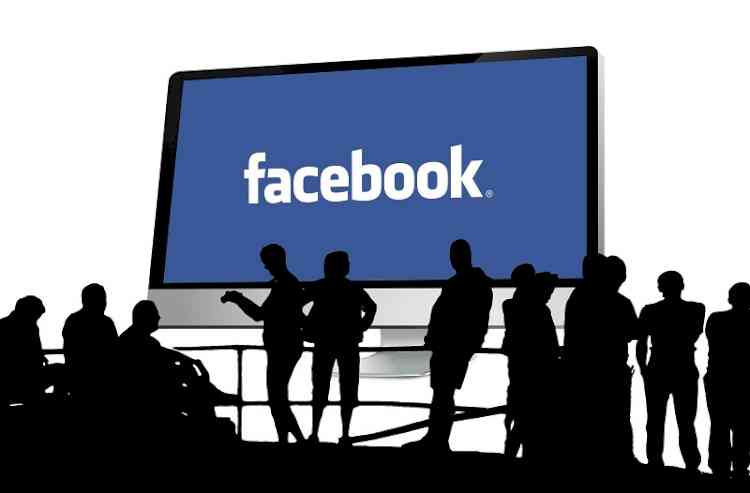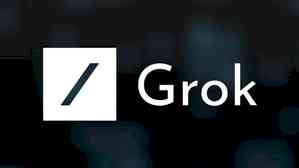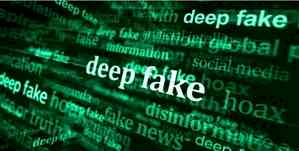Misinformation on Facebook gets way more engagement than news: Study

San Francisco, Sep 6 (IANS) Misinformation received six times as many likes, shares, and interactions as legitimate news articles, researchers at New York University and France's Universite Grenoble Alpes have found.
The study looked at posts from the Facebook pages of more than 2,500 news publishers from August 2020 to January 2021 and saw publishers with right wing inclinations have a much higher propensity to share misleading information than publishers in other political categories, reports The Washington Post.
"The study helps add to the growing body of evidence that, despite a variety of mitigation efforts, misinformation has found a comfortable home - and an engaged audience - on Facebook," the report quoted Rebekah Tromble, Director of The Institute for Data, Democracy and Politics at George Washington University, who reviewed the study's findings.
The researchers will share the study as part of the 2021 Internet Measurement Conference in November.
"This report looks mostly at how people engage with content, which should not be confused with how many people actually see it on Facebook," said Facebook spokesman Joe Osborne. "When you look at the content that gets the most reach across Facebook, it is not at all like what this study suggests."
Back in July, US President Joe Biden said that such social media platforms like Facebook are allowing Covid vaccine misinformation to spread and are "killing people".
In an interaction with the media, Biden directly criticised Facebook.
Asked for a message to social media platforms like Facebook, he replied: "They're killing people... the only pandemic we have is among the unvaccinated, and they're killing people."
In May, the social network announced to push down all posts by users who repeatedly share misinformation and fake content across its platforms, as it expands its fact-checking programme to individuals from Pages, Groups, Instagram accounts and domains.
The social network said that the new rule applies on false or misleading content about Covid-19 and vaccines, climate change, elections or other topics, so that fewer people see misinformation on its family apps.
Facebook first came under the scanner of policymakers around the world after allegations of Russian interference in the 2016 US presidential elections surfaced.
In India, Facebook has hit on several fake Pages and accounts linked to Congress as well as the BJP but the task at hand is humongous.


 IANS
IANS 








